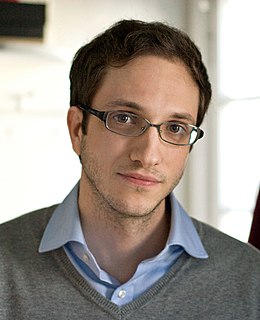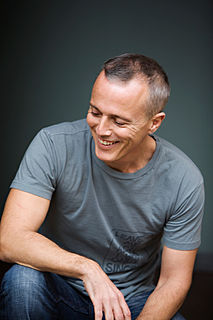A Quote by Pamela Meyer
Honest people remember stories in the order of emotional prominence, but liars will recount a story in chronological order. Memory rarely works that way.
Related Quotes
Creators, makers of the new, can never become obsolete, for in the arts there is no correct answer. The story of discoverers could be told in simple chronological order, since the latest science replaces what went before. But the arts are another story- a story of infinite addition. We must find order in the random flexings of the imagination.
I don't plan anything out, and I don't write in chronological order. The emotional tenor is what guides me, but a lot of it is feeling my way through the dark. That's okay if you have unlimited time to work and stumble upon things in a delightful way, but under a deadline, it can be really stressful.
The short story is so much about inevitability and this feeling that things always had to be this one way, and I wanted the apocalypses to blow that idea apart. I hope it feels that way. I hope the book invites people to read the stories in order and then, if they feel like it, maybe not read them in order the next time.
I began to see, again and again, stories that were first confusing and second where the emotional impact was muted because the big scene came before the explanation of what was going on. There was a reverse chronological order as well as a concealment of what exactly was going on. I think often that comes out of the fear of being boring, and sometimes I think it's just an attempt to seem clever.
We can tell people abstract rules of thumb which we have derived from prior experiences, but it is very difficult for other people to learn from these. We have difficulty remembering such abstractions, but we can more easily remember a good story. Stories give life to past experience. Stories make the events in memory memorable to others and to ourselves. This is one of the reasons why people like to tell stories.



































